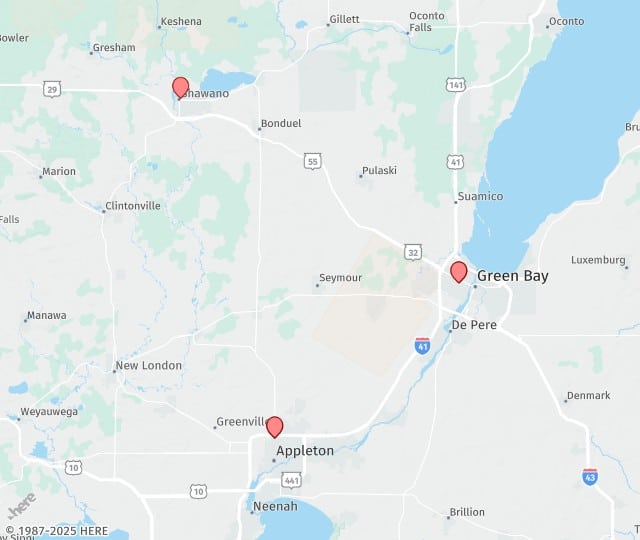Get your Sunglasses out: July is UV Safety Awareness Month
Summer is here and it’s time for the beach, camping and enjoying the great outdoors. While we all know to use sunscreen on our skin during the summer months, it’s important to know that UV rays affect the eyes too. Protecting your eyes now will reduce the risk of developing cataracts, macular degeneration and certain types of eye cancer.

Though we focus on UV safety in the month of July, it’s important to know that our eyes are at risk of UV light all year long. For instance, winter snow reflects UV light which can also damage our eyes. For those who use tanning beds, it’s important to know that these artificial rays are more dangerous than sunlight. UV light can even penetrate clouds and the atmosphere and cause damage to our eyes.
In short: wear sunglasses that provide protection against all types of UV light year-round for maximum protection.
Three types of UV light
There are three types of ultraviolet light. All types are invisible and can come from the sun (as well as tanning beds and sunlamps) and all can penetrate and damage cells.
- UV-A light: These light rays are the most abundant and can penetrate deep into the skin, and result in sunburn among other harmful conditions. They also can pass through clouds and windows.
- UV-B light: This type of UV light affects surface cells of the skin and eyes and is the most active and potentially damaging to eyes and skin.
- UV-C light: This light is dangerous to humans but thankfully the vast majority is absorbed in earth’s atmosphere.
The American Academy of Ophthalmology offers several tips for summertime eye safety:
- When shopping for sunglasses, be sure to look for specific UV protection. Dark lenses or high prices don’t assure UV protection so be sure to check for 100% UV-A and UV-B protection.
- Bigger is better. Be sure to select sunglasses that wrap around your face. Shades with smaller lenses allow more UV rays to come into contact with the eye.
- To supplement sunglasses, consider wearing brimmed hat or cap. In addition to providing shade to your eyes, your face will thank you too. And don’t forget the kids!
- Though many current contact lenses do offer some UV protection, don’t count on them to provide complete coverage.
- A cloudy day isn’t an excuse not to wear sunglasses. UV light from the sun passes through thinner clouds and haze. And don’t forget, the sun can damage eyes and skin year-round, not just during the summer months.
- Wear your sunglasses whenever you’re outside, and especially at peak times in late morning through mid-afternoon.
- Those at higher elevations need even more protection – the sun’s rays are more potent and these heights.
- Don’t stare at the sun. Just like your mother said, she wasn’t wrong about this, either. We’d like to think this goes without saying but seriously, don’t do it.
Eyes can be damaged by the sun anytime during the year, not just in the summer months. Tower Clock Eye Center can help you find sunglasses and even prescription sunglasses that offer both protection and comfort. Stop in our optical department or make an appointment with us at 920 499-3102.
